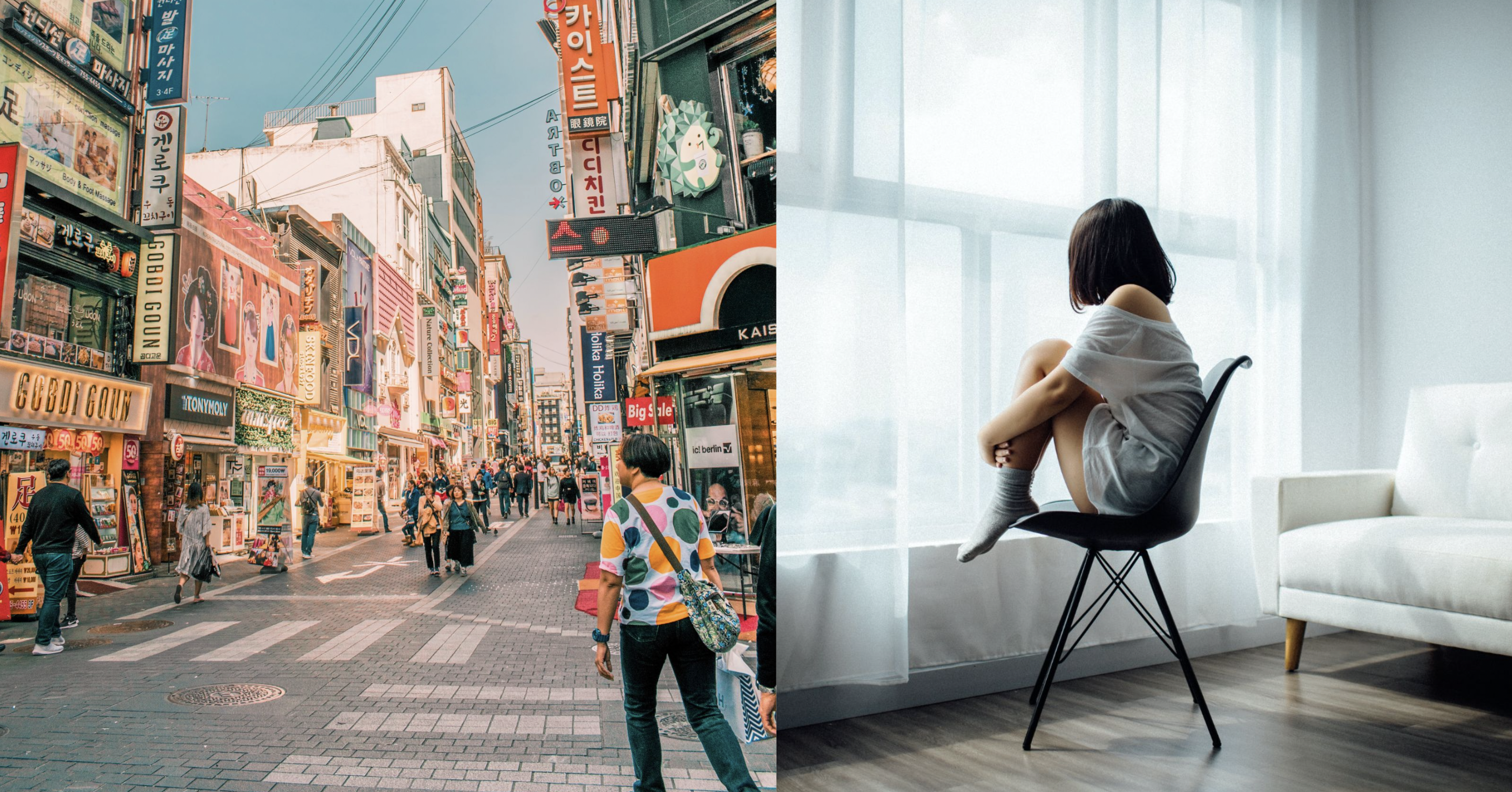Follow us on Telegram for the latest updates: https://t.me/mothershipsg
South Korea will be giving monthly payouts of 650,000 won (S$660) to reclusive youths to get them to re-integrate into society.
The Ministry of Gender Equality and Family announced the measure on Apr. 11, which aims to target “hikikomori” aged between 9 and 24.
Hikikomori
“Hikikomori” is a term first used in Japan to describe young people who suffer from severe social withdrawal.
Approximately 1.5 million people in Japan were reported to be living as social recluses in the post-pandemic era, according to a government poll.
However, this phenomenon is not unique to Japan, as South Korea is now implementing measures to entice their own youths to leave their houses.
The ministry’s report cited by CNN stated that 3.1 per cent of South Koreans between the age of 19 and 39 are hikikomori.
The figure is equivalent to around 338,000 citizens, and 40 per cent had started becoming socially withdrawn while they were adolescents.
These youths have been living in “limited space, in a state of being disconnected from the outside for more than a certain period of time, and have noticeable difficulty in living a normal life,” said the report.
Some reasons for the phenomenon were financial difficulties, mental disorders, poor familial relations and health problems, according to CNN.
Monthly living allowance
Those who qualify would receive 650,000 won (S$660) monthly to cover their living expenses, as well as have access to schooling resources, medical support and career consultations, according to the Japan Times.
The aid will be available for reclusive youths who have a household income below the national median, which is around 5.4 million won (S$5,496) for a household of four, CNN reported.
The measure will also include a grant for teenagers to undergo “cultural experiences”, according to The Guardian.
Demographic challenges
Through the payouts, the South Korean authorities aim to enable these youths to “recover their daily lives and reintegrate into society”, according to the statement quoted by The Guardian.
Besides providing aid to disadvantaged youngsters, the country also hopes to address its diminishing labour force, partly caused by their low birth rates and strict immigration rules, the Japan Times reported.
According to a study cited by Yonhap News Agency (YNA), South Korea is slated to become one of the world’s most aged countries by 2044.
Top images by Cait Ellis & Anthony Tran via Unsplash
If you like what you read, follow us on Facebook, Instagram, Twitter and Telegram to get the latest updates.
